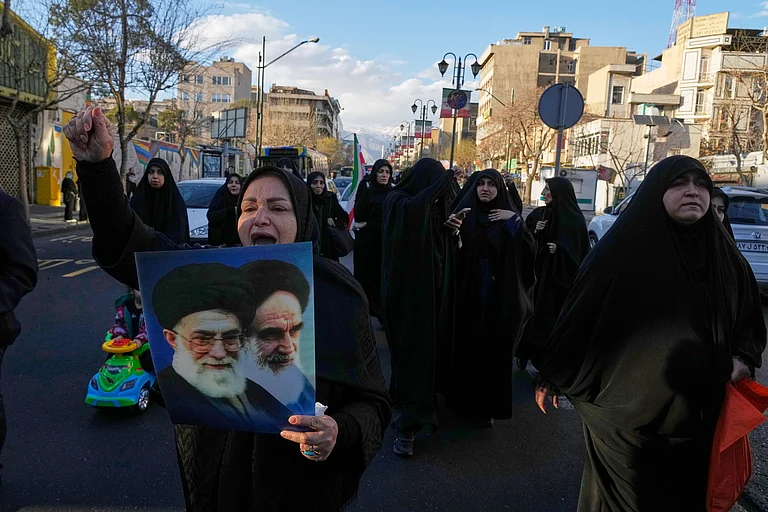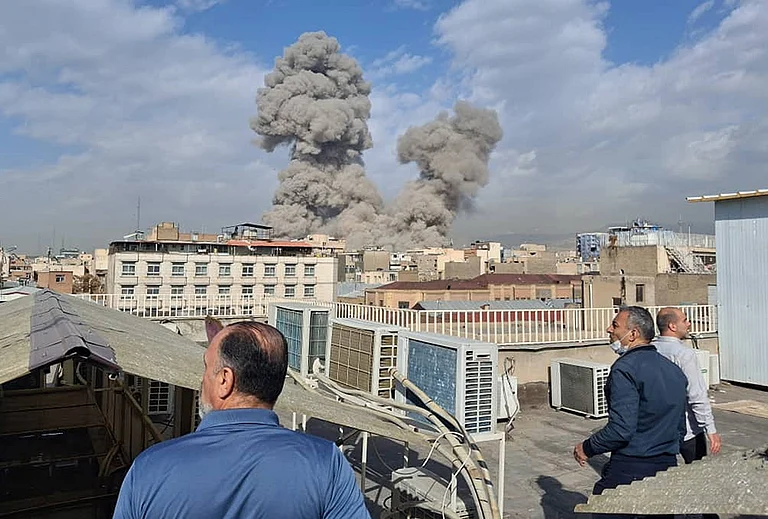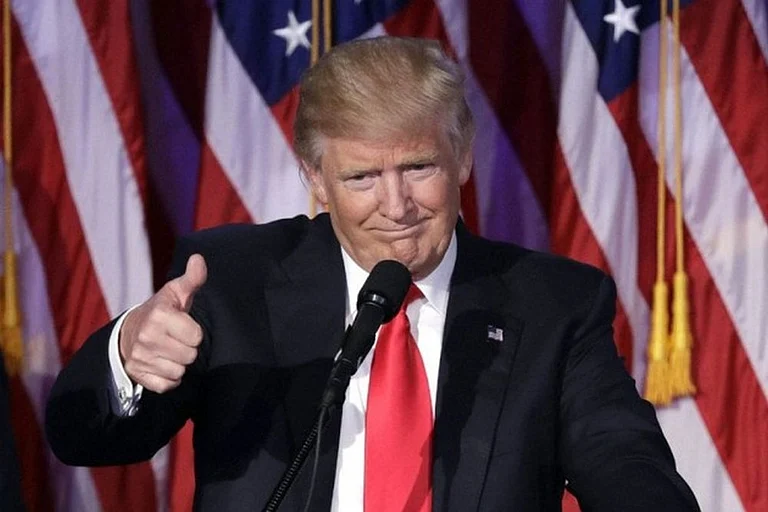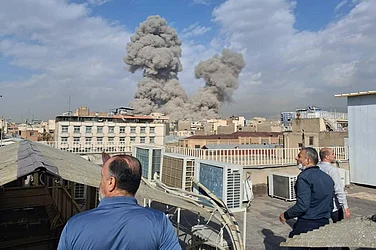
- The move responds to Iran’s failure to fully comply with its obligations under the 2015 nuclear agreement
- Iran has denounced the move as unjustified and illegal, warning that it may respond in kind and limit cooperation with the UN’s nuclear watchdog.
- A draft resolution proposed by Russia and China seeks to extend the deal through April 2026 and block the snapback—though it has yet to gain traction at the UN Security Council.
On August 28, the foreign ministers of France, Germany, and the United Kingdom—collectively known as the E3—formally triggered a diplomatic process that may lead to the reimposition of United Nations sanctions on Iran. The move responds to Iran’s failure to fully comply with its obligations under the 2015 nuclear agreement, Al-Jazeera reported.
If Iran does not resume cooperation with international nuclear inspectors and address concerns over its enriched uranium stockpile, previously lifted sanctions—including arms embargoes, restrictions on ballistic missiles, asset freezes, and travel bans—could automatically snap back into place after a 30-day countdown.
European officials stressed that this step does not preclude further negotiations, offering Iran a final window to return to the diplomatic path. However, Iran has denounced the move as unjustified and illegal, warning that it may respond in kind and limit cooperation with the UN’s nuclear watchdog.
Meanwhile, a draft resolution proposed by Russia and China seeks to extend the deal through April 2026 and block the snapback—though it has yet to gain traction at the UN Security Council.


























